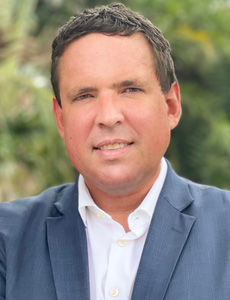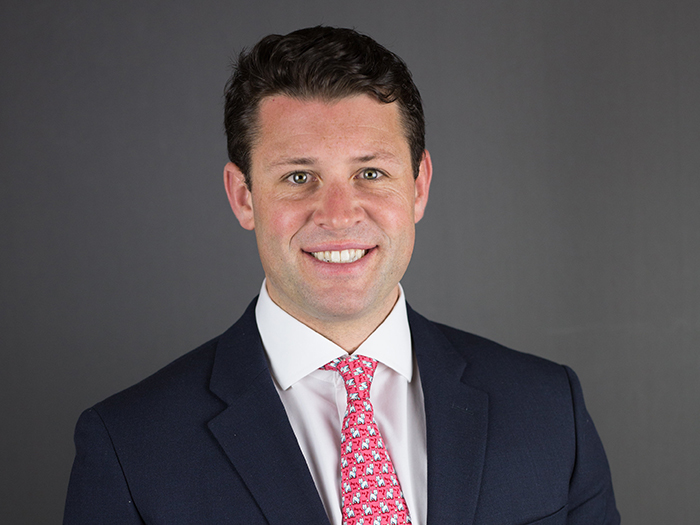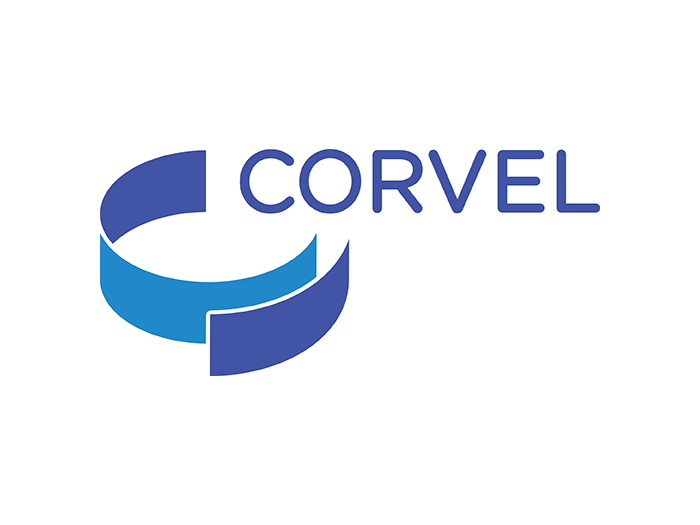How the Impending Talent Gap Is Pushing Brokers to Adapt Their Internship Programs to Great Success

Internship programs, a longstanding part of business development and outreach for a variety of industries, are getting revamped by the insurance sector to engage more potential workers and offer a solution to the talent gap.
As the workforce ages and millennials become the dominant generation in offices, the insurance industry’s talent gap has received much attention.
Generally, risk management leaders have chalked up the problem to one of perception.
A 2012 national survey from The Institutes found that just 5% of millennials said they were very familiar with the insurance industry, including just 2% of students. The same survey found that less than one in ten said they were very interested in working in the insurance industry, including just 5% of students.
The study authors noted “the top reasons that people did not want to work in the insurance industry is that they did not want to sell insurance (52%) and the insurance industry sounds boring (44%).”
To solve this problem, major brokerages are fostering talent with internships structured around professional development and engaged in work that reveals the wealth of options within a firm.
Rise of the Interns
“Internship programs aren’t new, but what is new and an emerging trend is that they are becoming part of a strategy,” said Hunter Fausnacht, VP of The Institutes agent and broker group.

Mallory Deeter, program director for college engagement, AssuredPartners
“You’re seeing scale, the number of interns are increasing, the structure and experience is being coordinated on a central level. It’s being managed geographically, so you’re ensuring that if you’re a national broker, you’re recruiting from the areas where your offices can have interns spread equally,” Fausnacht said.
“We’re also seeing that not only are they coordinating to ensure the intern is getting a great experience while they’re working, getting exposure to customers and internal functions, but we’re also seeing them implement formal knowledge development programs. So they leave the summer with a good resume-building experience and with our designations.”
The resume building experience is especially important for AssuredPartners, which overhauled its internship program in 2020, focusing on how they recruit and how they enact end of internship capstone projects.
“We started our program nationally back in 2020. Before then, each of our local offices had their own approach to internships,” explained Mallory Deeter, program director for college engagement at AssuredPartners.
“Moving forward, the way we’ve structured it nationally is to put together programming for 10 weeks during the summer, and we help all of our different locations recruit talent as well as ensure that they have a program put in place for those 10 weeks so that our interns are integrated into our teams and are also getting national program elements and leadership exposure.”
This leadership exposure appears to be the ticket to success.
Millennials in the same Institutes survey from 2012 showed more interest in “career advancement possibilities,” the survey option selected by 25% of respondents, compared with 16% of older generations.
Similarly, millennials “were more likely to find opportunities to learn as an important part of a job, selected by 20 percent compared with 14 percent of older generations.”
What Makes an Intern Program Work
For the AssuredPartners program, these advancement and learning opportunity pillars are baked into the 10 weeks.
“Once a week we have subject matter expert calls that our interns participate in,” Deeter said.
“We also do an idea-to-implementation project throughout the summer. This is where we pair up interns in groups of five or six across the country between departments and geographical areas and they work on a project proposal to present to our executive leadership team at the end of the internship, normally around week nine. The closing week is our intern conference — presentations, keynote speaker, leadership panel, and then intern-to-full-time-employee panel.”
Another leader in the broker space, Willis Towers Watson, is doubling down on internships too.
The impetus, explained Cortney Bachman, CRB – NA graduate program manager at Willis Towers Watson, was in large part due to the talent gap.
“There is an imminent talent gap due to many factors including a rapidly evolving business model in commercial insurance brokerage,” Bachman explained.

Hunter Fausnacht, VP, agent and broker group, The Institutes
“Additionally, the commercial risk and insurance industry tends to be somewhat hidden. If students don’t have a personal connection to someone who works in the industry, or if they don’t fall into the risk management and insurance major or minor throughout their finance or business courses at university, students tend to not be aware of the diverse career opportunities we can provide, and internships create awareness of the industry as a career opportunity.”
For Bachman’s part, an internship program aligned with strategy is a win-win.
For the intern, it’s an opportunity to investigate an industry and culture before making a serious commitment.
For the company, internships provide a low risk way to observe performance, engagement and soft-skills.
“With those observations and performance against set goals and objectives, we can assess the intern’s potential success within the organization and even an individual team,” Bachman said.
What Comes After
Evidence of these programs’ success is in their high placement rates.
According to Deeter, “Last year we had 47 interns. This year it’s grown to 130, so it’s definitely something that our company sees value in and is continuing to invest in. We try to place 50% of our interns, so we’re really aware of that talent gap but also ensuring that the individuals who come can have meaningful careers, if there’s the right fit and we can provide that opportunity.”
Willis Towers Watson also had impressively high placement rates.
Since launching the Corporate Risk & Broking Internship Program in 2017, the firm has extended offers to 70% of the full-time CRB – Graduate Development Program interns, with a 93% acceptance rate to intern full-time offer conversions.
And those new full-time employees continue to succeed — 97% of intern conversions received an “exceeding goals and objectives” rating in their 2020 year end performance ratings.
For Fausnacht at The Institutes, observing the industry take these steps is encouraging.
“If you look at it from a fundamental level, our talent gap is more people leaving the industry than coming in, so that’s been happening for a while now. We need to get more people in the funnel, and if we’re not doing anything differently, then the same amount come in,” he said.
With any luck, these internship opportunities will change the perception of insurance professionals in time to outrun the crisis. &








